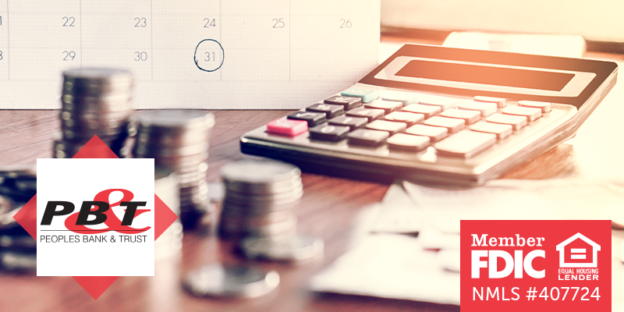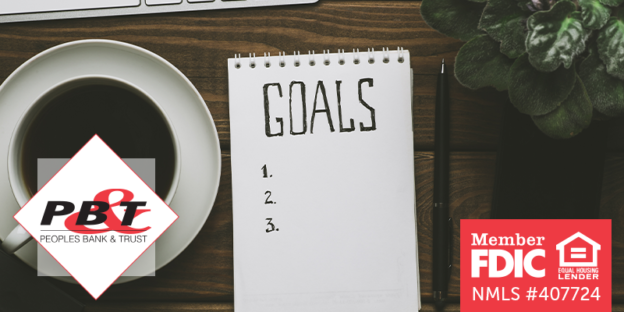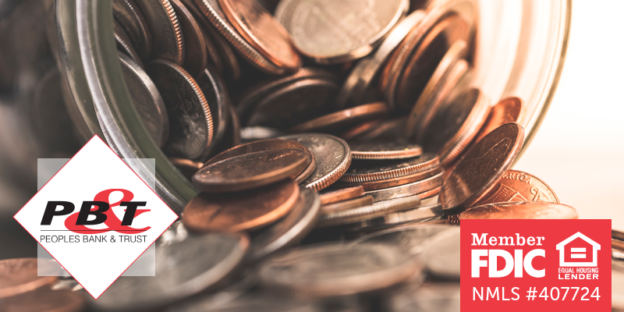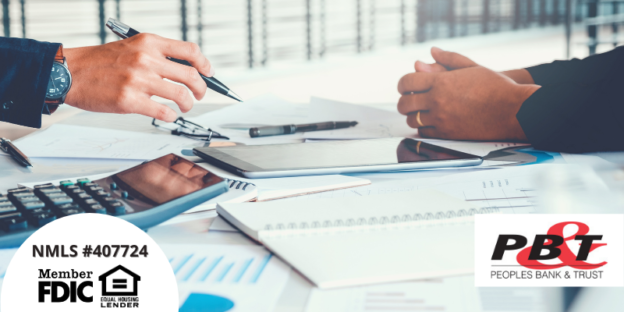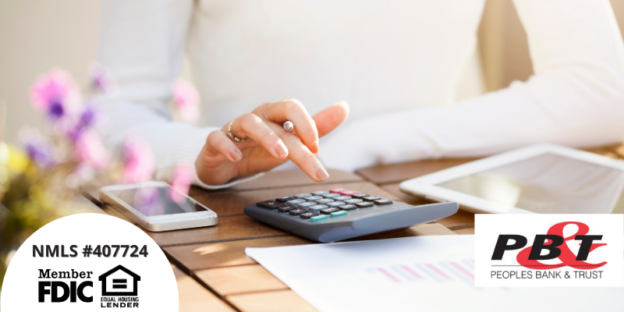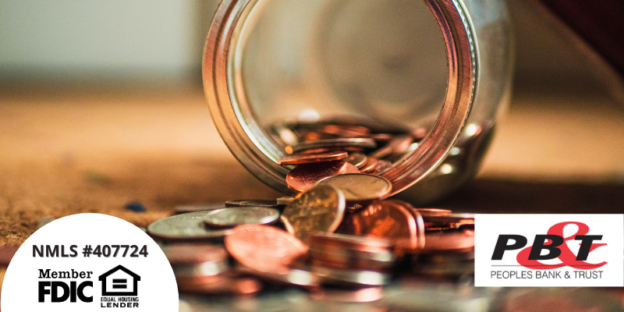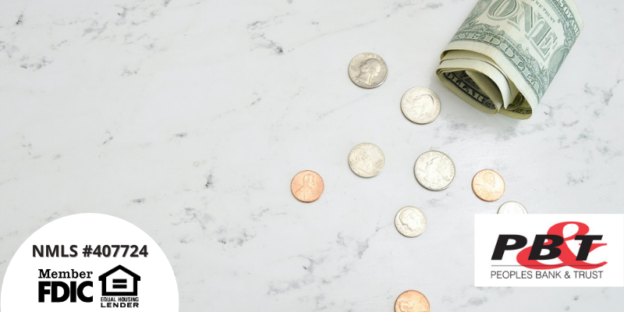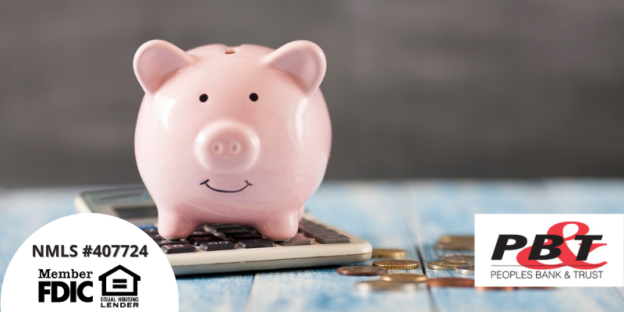Spring is the perfect season for fresh starts, personal growth and positive changes. This season, along with the loads of spring cleaning and organizing, consider making your finances a priority. A great first step is to read through this practical guide to saving money so you’re ready for summer!
1. Prepare for the heat by making sure your cooling system runs efficiently.
Summer is on its way which means you’ll be cranking the AC before you know it. The best way to cool your home affordably is to schedule regular maintenance for your cooling equipment. Before the temperatures rise, you can make sure that your cooling system is running correctly and you’re not overpaying because of a leak or other issue.
2. Revisit your budget.
Something many people often forget to do is adjust their budget periodically. Life changes and so do your expenses, so make sure your budget matches your current stage of life. If there’s been an addition to your family, you’ve moved to another apartment or home or are starting to save for a new car, your budget should reflect those changes.
3. Contribute to your emergency fund.
Whether you’ve had an emergency fund for years or haven’t started one, it’s important to continue adding to it over time. You never know when unemployment or times of financial crisis may hit, so the more you decide to save for emergencies, the better.
4. Make transferring money to your savings account automatic.
A common issue that individuals run into is either forgetting to contribute to their savings each month or skipping it to avoid transferring money. By automating your savings, you’re contributing to the account without even thinking about it.
5. Focus on getting rid of your debt.
Contributing to your savings can seem difficult if a big portion of your income is going towards paying off debt. Getting rid of debt can be a big hurdle in the way of contributing to your savings, so it’s smart to make being debt-free a priority. Once you no longer have those monthly payments, you can put a much larger portion of your income towards your savings account.
6. Reward yourself for reaching goals.
Motivating yourself is easier when there’s a reward waiting for you once you reach your goals. Whether you’ve been eyeing a new item of clothing or want to go out to eat at a nice restaurant, treating yourself occasionally is a great incentive. Set a goal every month with small rewards or a long-term goal with a larger reward.
This spring and summer, make it a goal to contribute to your savings account as much as possible. If this past year has taught us anything, it’s that you never know what’s coming and how it could affect you financially. To learn more about how we could assist you in your financial journey, contact Peoples Bank & Trust today!
Peoples Bank & Trust Co.
Member FDIC
Equal Housing Lender


